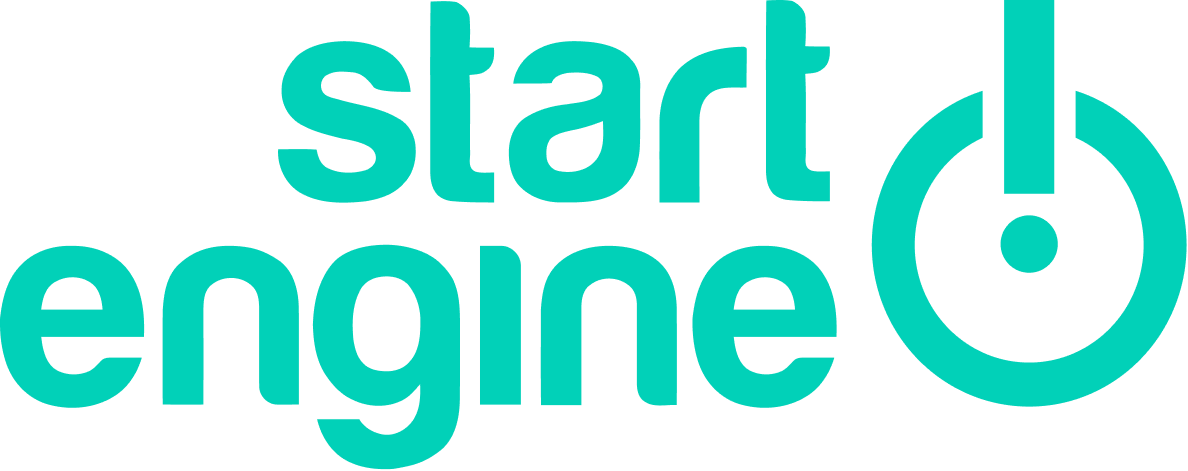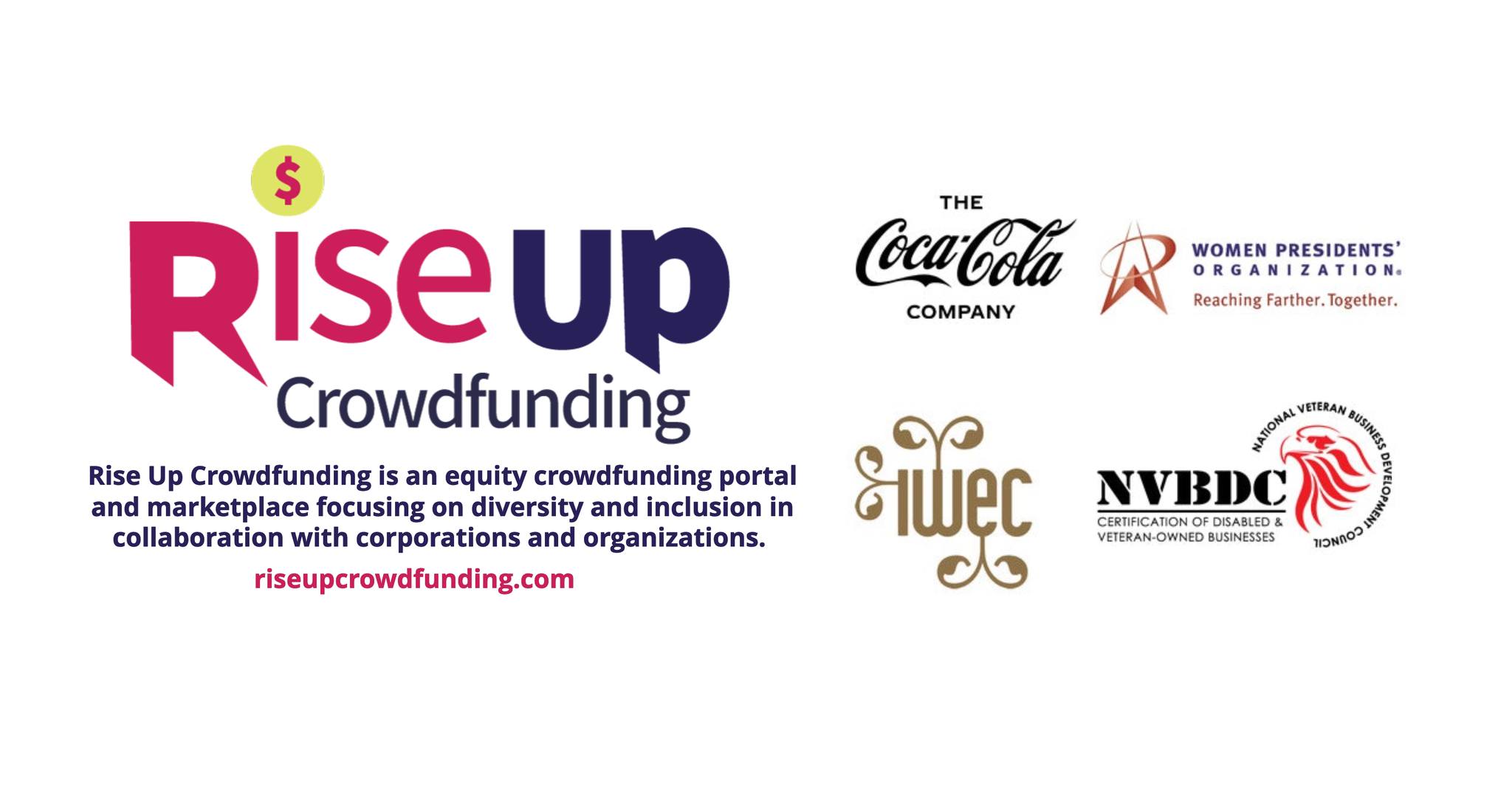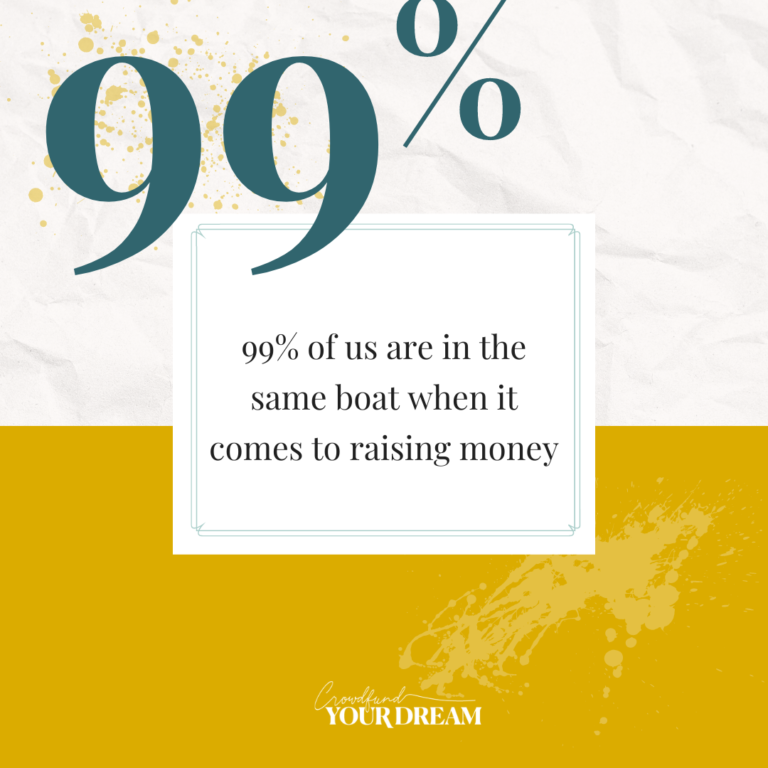In April 2012, President Obama signed the bipartisan Jumpstart Our Business Startups (JOBS) Act. The JOBS Act allowed regular Americans to invest in small businesses and entrepreneurs online, for the first time in history, through equity crowdfunding sites.
A Brief History of Equity Crowdfunding and Why We Need It
At the time of the bill’s signing, many families had little savings and small community banks had disappeared due to the financial crisis. So, the goal of the JOBS Act was to revitalize the small business sector, helping entrepreneurs start and grow businesses, while putting Americans back to work.
The final “crowdfunding” rule of the U.S. Securities and Exchange Commission (SEC) went into effect in May 2016. It allowed entrepreneurs across the country to raise small-dollar investments up to $1 million annually through regulated equity crowdfunding sites.
The SEC Regulation Crowdfunding (Reg CF) rules:
- require all transactions under Regulation Crowdfunding to take place online through an SEC-registered intermediary, either a broker-dealer or a funding portal
- permit a company to raise a maximum aggregate amount of $5 million through crowdfunding offerings in a 12-month period
- limit the amount individual non-accredited investors can invest across all crowdfunding offerings in a 12-month period and
- require disclosure of information in filings with the Commission and to investors and the intermediary facilitating the offering
Prior to the JOBS Act, in most cases, only accredited investors could invest in startups. (To become accredited, certain criteria must be met, such as having an average yearly income over $200K, or working in the financial industry.)
In this way, the JOBS Act was a game changer for entrepreneurs, as well as everyday Americans.
Today, equity crowdfunding has become an increasingly popular alternative to traditional funding methods. By using equity crowdfunding sites, entrepreneurs can raise capital from a large number of investors in exchange for equity in their company.
It democratizes the investment process, allowing everyday people to support businesses they believe in and potentially earn a return on their investment.
How Equity Crowdfunding Works
So how does equity crowdfunding work? It typically involves three key players: the business, the investors, and the equity crowdfunding site, also known as a platform. First, the business creates a campaign on a crowdfunding platform. They outline their business plan, financial projections, and the amount of funding they require. They also specify the amount of equity they are willing to offer in exchange for investment.
Next, potential investors browse through the campaigns on the platform, and can pledge a certain amount of money in exchange for equity. The business sets a funding goal and deadline, and if they reach their target, the funds are transferred to the business and the investors receive their equity.
If they fail to meet the funding goal, however, the campaign is cancelled, and the investors receive their money back.
Equity crowdfunding provides several benefits for founders, including access to capital, a wide audience, and a loyal customer base. However, there are risks involved. These include equity dilution, high risk of failure, low liquidity, and risk of fraudfunding. As a result, investors should weigh the risks and evaluate the potential for success before getting involved.
4 Top Equity Crowdfunding Platforms
WeFunder

Founded in 2010, WeFunder has raised over $500 million for startup companies. This equity crowdfunding site is easy to use, and allows investors to invest as little as $100. WeFunder is known for its dedication to social impact companies and has a mission to democratize access to capital. They’re best suited for investors with limited capital looking to pursue local investment opportunities. Additionally, Wefunder’s referral program also pays investors $2,500 if a company they invite launches a campaign on the site.
Republic

Republic.com (OpenDeal Portal LLC, CRD #283874) is an equity crowdfunding platform that allows individuals to invest in startups and small businesses in exchange for equity.
Republic.com is particularly popular among tech startups, social impact businesses, and real estate projects, with a commitment to supporting underrepresented founders. Their Republic Venture Partners community brings investors, entrepreneurs, builders, leaders, and advocates together to foster a more equitable world. The 27 Venture Partners are working on a wide range of initiatives. These include supporting more diverse founders, to education and training for emerging managers, and access to C-suite opportunities for experienced underrepresented minorities.
Projects must meet certain requirements to be accepted on Republic’s platform. And like all the other equity crowdfunding sites, you’ll need a lawyer to complete your SEC filings.
StartEngine

StartEngine is open to everyone, including both accredited and non-accredited investors. Founders can raise up to $5 million (seed) or $75 million (Series A to C) per year on the equity crowdfunding site, per Reg CF and Reg A+ SEC guidelines. But this platform is not ideal for investors looking for a short turnaround on their investment.
StartEngine is known for its strong community of investors and for its partnerships with media companies that help promote campaigns. To reward its users, their “Owner’s Bonus” program provides investors with bonus shares and early-access to launches. By joining, get exclusive access to new collectible launches, or priority access to invest in oversubscribed companies.
Startup Secondary is an alternative platform that allows investors to trade shares in private companies that originally raised funds on StartEngine. But be aware that liquidity isn’t guaranteed, even with the secondary marketplace.
Rise Up Crowdfunding

Since helping to pioneer the JOBS CF bill, Ruth E. Hedges recently announced the launch of her new equity crowdfunding portal, Rise Up Crowdfunding. In collaboration with The Coca-Cola Company, they support investments in women founders and the rising majority of diverse entrepreneurs.
They are open to minority-owned and women-owned companies in the United States, and require companies raising capital to commit to a pledge that aligns with their mission. Furthermore, you can invest as little as $100 to get started, and join their Premium Investor Program for special perks.
Conclusion
In conclusion, equity crowdfunding offers an exciting opportunity for entrepreneurs and investors alike. Founders raise money from everyday investors through equity crowdfunding sites. But it’s important to understand how it works and the potential benefits and risks before getting involved.
New platforms are popping up daily with exciting initiatives to jumpstart growth in diverse communities and new sectors of the economy, all thanks to the JOBS Act.
So, what are you raising money for? Or are you looking to invest? Drop a note in the comments!













